
Nancy Sherman is an ethicist and professor of philosophy at Georgetown University with a focus on ancient Greek and Roman philosophy. She is an expert in ethics, the history of moral philosophy, moral psychology, military ethics, and emotions. In this episode, Nancy discusses her latest book, “Stoic Wisdom: Ancient Lessons for Modern Resilience.”
“To be resilient is to have stamina and persistence, but it’s also to be sustained and supported in your endeavors.”
Key Takeaways
[5:24] Stoicism naturally fits in the military because it’s about sucking it up and being invincible. Nancy explains why she worries about this message.
[6:40] Nancy thinks that rather than being invincible, stoicism is about understanding vulnerability and how anxiety is created by uncertainty.
[8:05] Nancy explains what moral injury means and how it weighs heavily on different kinds of people.
[9:30] Stoicism helps you think about how to cope in different situations and manage emotions and uncertain futures.
[10:30] One of the factors in the growing popularity of stoicism is the interest in secular religion. Nancy expands on this further.
[11:45] Other factors driving the fascination with stoicism are: Self-help is always a hot seller, people who are good at marketing use it as a niche, and Silicon Valley has an interest in it.
[13:25] Nancy adds in a fifth factor which is about the Roman Philosophers.
[14:35] Nancy thinks stoicism is not only about aestheticism. She explains what that means.
[15:00] Post-traumatic stress vs. moral injury. Nancy shares what’s their difference and how stoicism helps manage the latter.
[17:20] Resilience vs. grit. Nancy shares her perspective on both.
[18:30] Resilience is not self-reliance. She explains how.
[21:20] Most studies of resilience suggest that strength does not come from inner toughness but from the ability to be open to receive help.
[22:45] The Stoics were thinking of a community of humanity where we share reason, affective emotional judgment, and empathy. Nancy shares an example.
[25:30] One of the commitments of stoicism is to expand outward as a member of an effective community. Nancy explains how we can learn from this to be better leaders.
[26:50] Nancy talks about how stoics deal with implicit bias and the emotions that come with it.
[29:50] Stoicism vs. neurobiology. Nancy shares that not all stoicism is worth saving in modern times and explains why.
[32:10] Grace comes from the Greek word, Hara (Χάρις) which means charity. Nancy refers to some examples of goodwill from the stoics.
[35:00] Nancy gives another example of mutuality in stoicism that explains her view further about grace.
[36:30] Nancy also talks about self-empathy and how it’s very important to be gentle to yourself.
[39:30] Jan asks Nancy about ethics and morality and if there is a shortcut to master them.
[49:20] Listener Challenge: Embracing stoicism within being emotionless and practicing communal resilience.
Quotable Quotes
“I really worry deeply that the message being put out that you are bulletproof or invincible or you have to suck it up at all costs was dangerous.” Click To Tweet “If you wanna go without organized religion, stoicism is a way to go.” Click To Tweet “It’s more about how you can face the challenges and sometimes, facing the challenges involves healing.” Click To Tweet “To be resilient is to have stamina and persistence, but it’s also to be sustained and supported in your endeavors.” Click To Tweet “If you hit the pause button a little more, suspend judgment, and not give in or ascent to all those immediate ways we respond, we may have a better chance of engaging in discourse.” Click To TweetResources Mentioned

These are the books mentioned in our discussion with Nancy


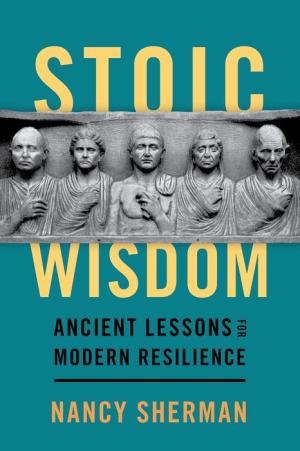

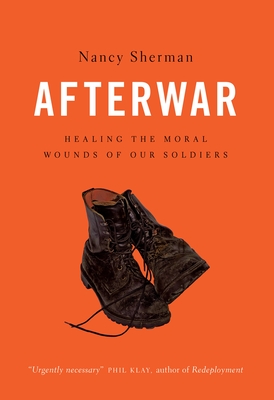
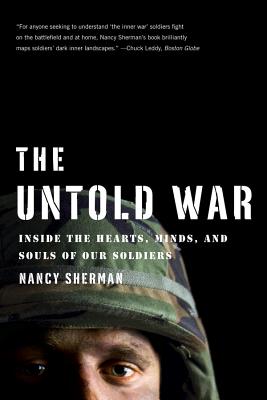
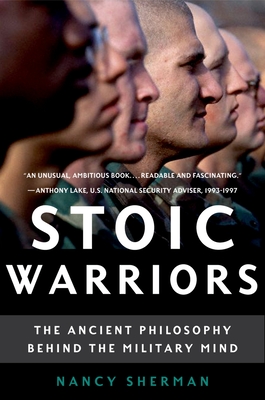
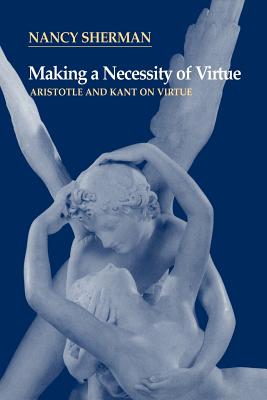
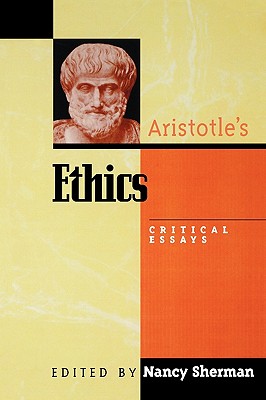
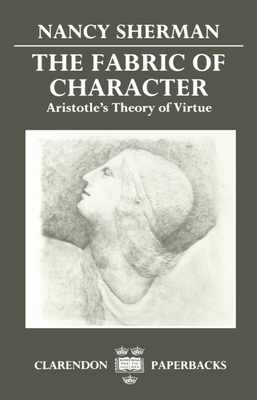
Recent Comments